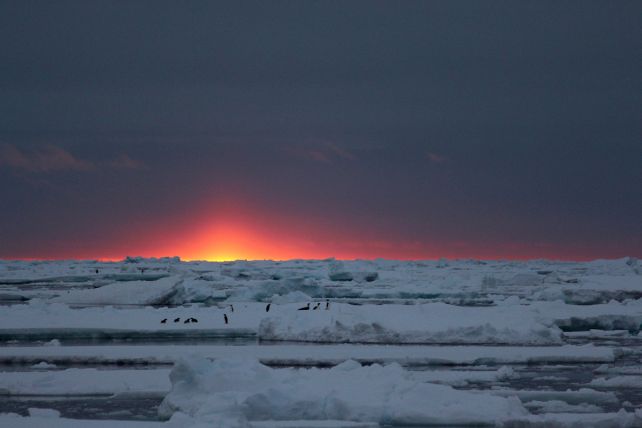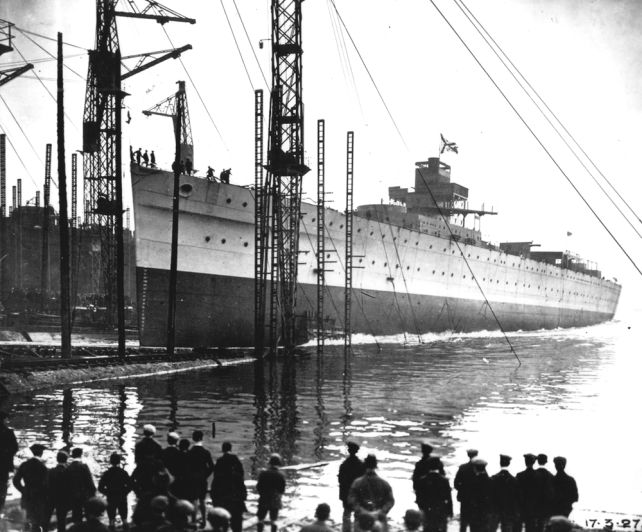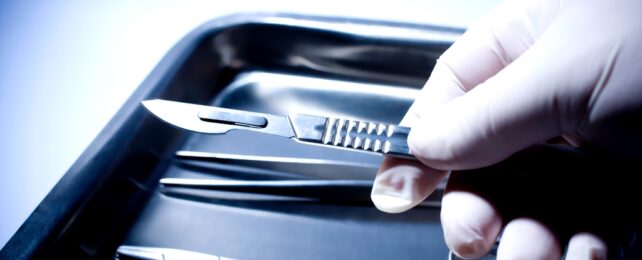If you're heading to Australian Antarctic stations for a long, cold, isolated winter, there are a lot of things you need to take care of before you go.
And, if you're a doctor, that checklist includes something a little more – or rather, less: an appendix. An appendectomy is a requirement for all doctors wintering at those stations, because once the cold weather sets in, it's very, very difficult to get you out of there.
Everyone else is allowed to keep the small organ intact. But for doctors, it needs to get the chop.
"This is because there is usually only one doctor on station during winter," reads a post on the Australian Antarctic Program website. "Evacuation back to medical care in Australia is impossible for at least part of the year."

Appendicitis is an inflammation of a small organ attached to your large intestine. It isn't usually fatal, but it is fairly common, affecting an estimated 5 to 9 out of every 100 people in the US.
And when appendicitis hits, it can hit hard: it's often severe, sudden, and can worsen within hours. It requires surgical intervention before the appendix can burst and cause a serious infection that develops into potentially fatal peritonitis.
For most expeditioners on Antarctica, the doctor is available to help in the event of appendicitis, as in the thrilling case of Heard Island station cook Jack Starr, operated on by doctor Otto Rec in October 1951, during the spring. But if the doctor themself is so stricken, things suddenly become a lot more complicated.
"What are the odds?" you are no doubt wondering. High enough that it has happened twice.
The first was Heard Island doctor Serge Udovikoff, just over a year prior to Starr's thrilling surgery, in July 1950, the very dead of the Antarctic winter (which may explain why Dr Rec, Dr Udovikoff's replacement, was so well prepared for the occasion).
Dr Udovikoff, according to news reports at the time, was considering operating on himself – a nerve-wracking notion, since no doctor had been known at the time to have successfully performed an appendectomy on themself.
However, he didn't need to, in the end. Australian navy vessel HMAS Australia (II) was dispatched to evacuate the patient. It was not a good time for anyone involved.

"Apart from the uncomfortable conditions created by gale force winds that gusted up to 65 knots, sleet, snow and hail, the ship experienced feed water difficulties due to the increased prevalence of plankton in the sea," reads an entry on the Naval Historical Society of Australia website.
"Use of ship's water was restricted to drinking and teeth cleaning and no one was allowed to wash. Weather conditions were no better when Australia (II) arrived at Heard Island, but when a reasonable break occurred the cutter was lowered and Dr Udovikoff eventually brought on board for the journey to Fremantle."
After this, the appendectomy requirement was set. But other nations did not follow suit, and in April 1961, physician Leonid Rogozov, stationed at Novolazarevskaya on mainland Antarctica, was not so lucky with the whole rescue thing.
He diagnosed himself with appendicitis on April 29. Other stations were within help distance, but none had an airplane, and on April 30, as he began to recognize the signs of peritonitis, a blizzard raged outside.
Because Rogozov was the only medical personnel at the station at the time, he had no choice but to perform his own appendectomy. With the help of two assistants, local anesthetic, and a mirror, he got to work. The first incision was made at 22:15, Moscow time.
"It was frequently necessary to raise my head in order to feel better, and sometimes I had to work entirely by feel," he recalled in a 1962 submission to the Soviet Antarctic Expedition Information Bulletin.
"General weakness became severe after 30–40 min, and vertigo developed, so that short pauses for rest were necessary. After resection of the severely diseased vermiform appendix (a 2 x 2 cm perforation was found at its base), antibiotics were introduced into the peritoneal cavity, and the wound was tightly sutured. The operation was completed at midnight, April 30."
Rogozov was lucky: within a fortnight he was carrying out his normal duties, and he went on to live decades longer, passing away in 2000.
This was definitely not an experience that bore repeating, and extensive medical checks and requirements are now fairly standard for Antarctic deployments.
